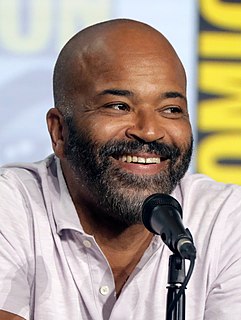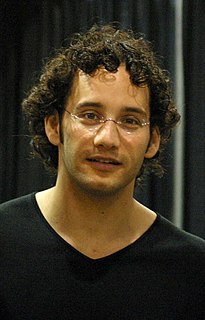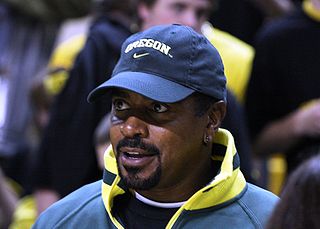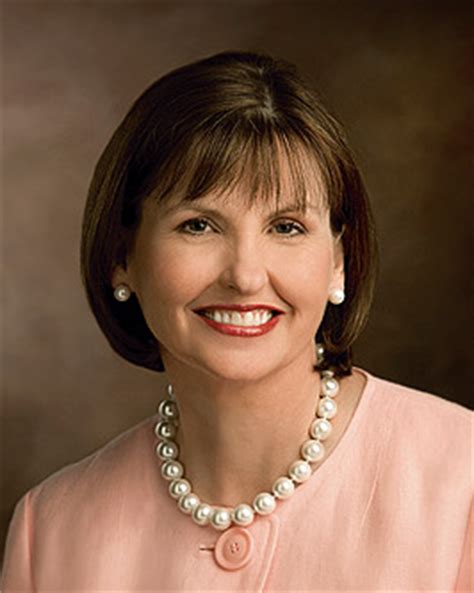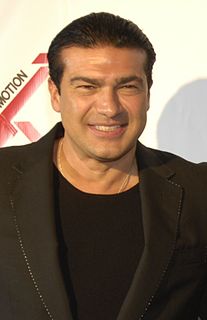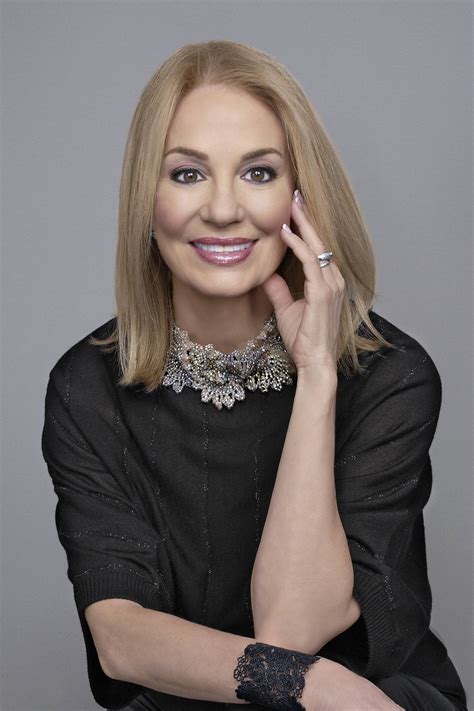A Quote by Jeffrey Wright
As much as we teach our kids, the process teaches us. If we're being diligent, we're learning from our strengths as parents, but also from the mistakes that we make.
Related Quotes
It's true the Holy Spirit alone can reproduce the character of our Lord Jesus, and we must always abide in Christ. But the Bible also makes us active partners in the process, and we must be diligent to do our part. "Be diligent to present yourself approved to God, a worker who does not need to be ashamed".
Sports can unite a group of people from different backgrounds, all working together to achieve a common goal. And even if they fall short, sharing that journey is an experience they'll never forget. It can teach some of the most fundamental and important human values: dedication, perseverance, hard work, and teamwork. It also teaches us how to handle our success and cope with our failure. So, perhaps the greatest glory of sport is that is teaches us so much about life itself.
Many of us grow up thinking of mistakes as bad, viewing errors as evidence of fundamental incapacity. This negative thinking pattern can create a self-fulfilling prophecy, which undermines the learning process. To maximize our learning it is essential to ask: "How can we get the most from every mistake we make?"
With grown children, we can look back at both our mistakes and what we did well in our parenting, having conversations with a greater degree of honesty than was possible before. In getting older themselves, our adult children may begin to comprehend the burdens and strengths we carried from our own parents.
It teaches us how to run our lives individually. How to run our families, how to run our churches. But it teaches us how to run all our public policy and everything in society. And that's the reason, as your congressman, I hold the Holy Bible as being the major directions to me of how I vote in Washington, D.C., and I'll continue to do that.
To me, the main difference between young people now and the people I was young with isn't so much style, it's the relationships they have with their parents. Their parents like them much more than ours liked us. Our parents weren't our friends. But now I see my friends on the phones with their, what, 30 - year - old kids? And they're talking about feelings.
We become overly reliant on the strengths that got us where we are today. We also become isolated as we move up in the organization. Unless we have the benefit of assessment, and unless we invite feedback on our leadership, we continue to lean on strengths that can actually work against us, and fail to expand our leadership style in a way that makes us more effective.
